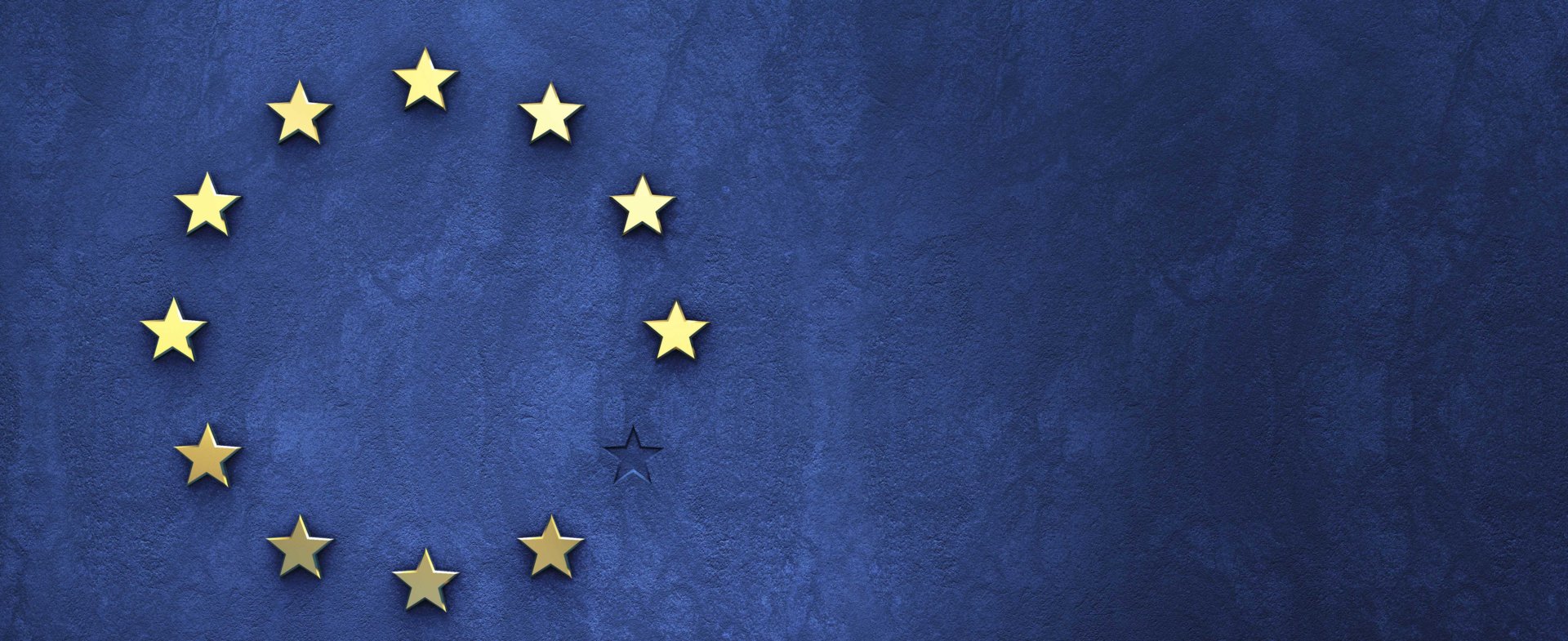The EU commission cannot maintain the confidence of the EU 27 without popular support. It’s time to win back public trust. Juncker’s State of the Union speech was symptomatic of the wider problem facing multilaterals in a globalised world. These organisations need to re-frame the global debate and underline the positive impact of their work at a local and national level.
Jean-Claude Juncker delivered his highly-anticipated State of the Union address in early September. This was one of the final public opportunities for Juncker to deliver a legacy speech and set out a concrete plan for the Commission’s aims and ambitions over the coming years.
However, for most members of the public, Juncker’s speech passed by unnoticed. Far from being surprising, this is systematic of the continued detachment multilaterals face at a national level.
True to form, Juncker displayed his characteristic political deftness. He avoided controversy or open criticism of those with whom he had often disagreed with in public such as Hungarian Prime Minister Viktor Orban. Rather than publicly condemning his actions, Juncker instead criticised “the kind of nationalism that points the finger at others instead of searching for ways to better live together”.
Juncker’s rhetoric proved more than a match for his populist opponents, with a bellicose statement affirming that “whenever Europe speaks as one we can impose our positions to others. Europe has to act as one”. However, the speech prioritised style over substance. The clearest policy objective Juncker offered was a commitment to end daylight saving time.
Fuelling the idea that migration remains the most pressing issue for the bloc, Juncker offered statistics on migrants’ returning to their country of origin without any reference to the positive contributions legal migrants make to a continent with a declining birth-rate and rapidly aging demographic. Juncker’s brief comment recognising that the EU “needs skilled migrants” seemed like an afterthought.
The true battle for hearts and minds is about underlining the unsung work that will not feature in headlines, but will make a real difference to the lives of many people. Multilateral organisations need to improve how they talk directly to citizens, developing clear, unified policy objectives that draw on collective engagement from across member states. Incremental, positive change will be more successful in the long-term than eye-catching policy announcements and vitriol.
Less popular policy initiatives, such as the opening of legal pathways to the Union for migrants, received only a brief mention. In doing so, Juncker missed his opportunity to remind audiences that strengthening security is not the only answer.
By providing tangible evidence of the difference the EU is making at a domestic level, Juncker could have demonstrated that the EU is a force for delivering essential change. Although the EU can never offer the same kind of responsiveness as national governments, policies such as the Clean Energy for All Europeans package, supported by the new €11.5 billion Invest EU Fund, and honouring the commitments made during the Paris Agreements, would be welcomed by EU audiences as a boost to their health and to their respective economies (the renewables sector accounted for more than 1.4 million jobs in the EU in 2016 and continues to grow).
Juncker alluded to the problem facing unelected officials and multilaterals. He expressed exasperation over the tendency of national leaders to take credit for all that was good in Europe, while blaming Brussels for all that was bad. His response was to take credit for Europe’s record-high employment numbers and Greece’s financial recovery. His arguments were by no means baseless, but audiences were left waiting for the evidence to follow. Ultimately, the top-line is only as effective as its supporting arguments.
Underlining the Commission’s high impact work across Europe is key to the bloc’s future unity. Juncker’s successor will need to discover how best to communicate this message if the EU is to realise its ultimate dream of a unified bloc with the upmost faith in its administrative systems.
The Commission is by no means alone. The World Trade Organisation has suffered from American ire in recent months, but many see it as vital in refereeing global trade disputes. Talking directly to citizens about the practical benefits the WTO is delivering has never been easier in the age of social media.
Such concerted engagement will always trump bellicose rhetoric and has the potential to re-invigorate multilaterals with a renewed sense of purpose.

